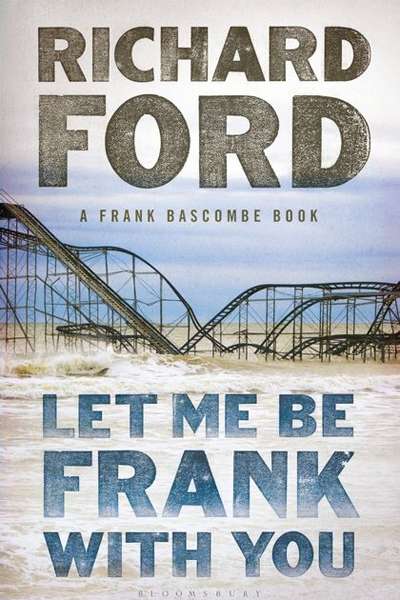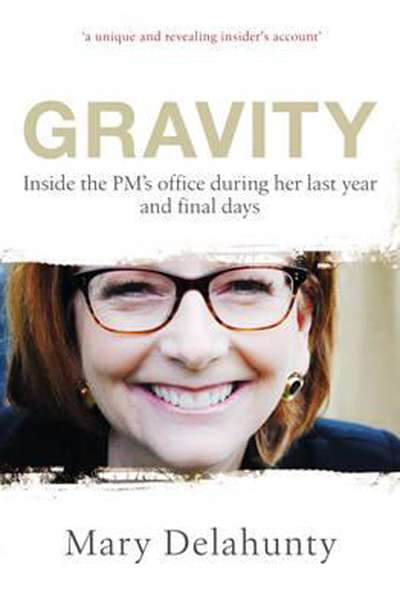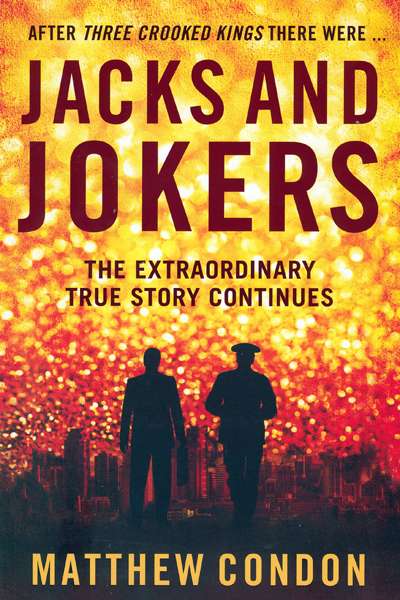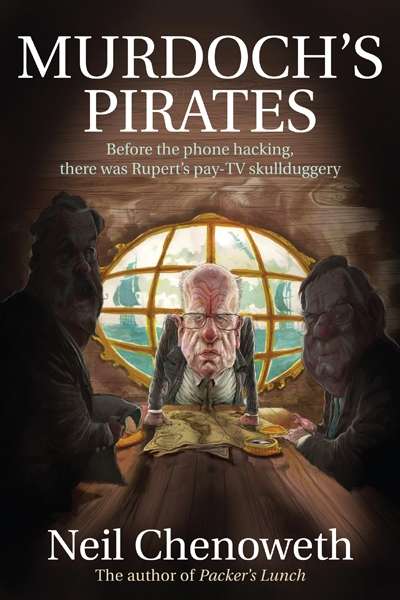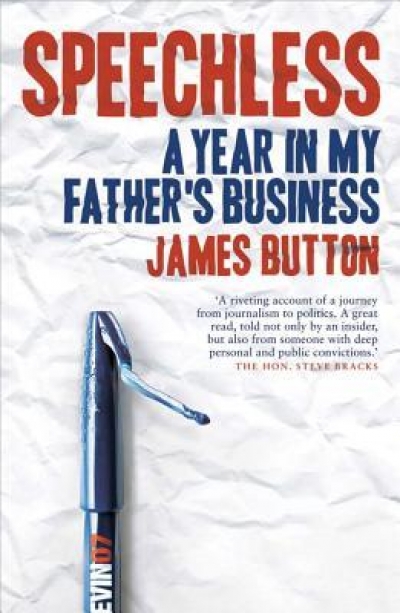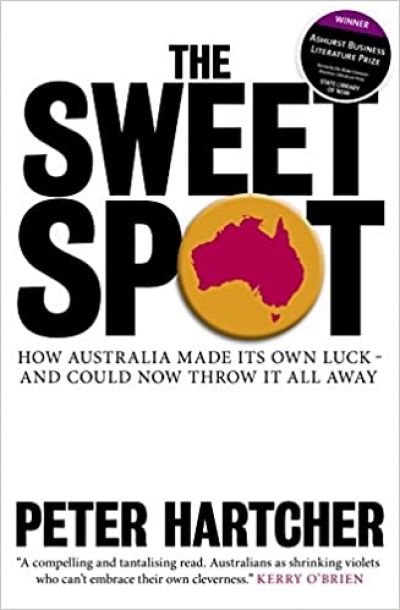Joel Deane
Gravity by Mary Delahunty & Rudd, Gillard and Beyond by Troy Bramston
by Joel Deane •
Murdoch’s Pirates: Before the Phone Hacking, There Was Rupert’s Pay-TV Skullduggery by Neil Chenoweth
by Joel Deane •
Rupert Murdoch: An Investigation of Political Power by David McKnight
by Joel Deane •
The Sweet Spot: How Australia Made Its Own Luck – And Could Now Throw It All Away by Peter Hartcher & The Fog On The Hill: How NSW Labor lost its way by Frank Sartor
by Joel Deane •
On 30 July 2010, WikiLeaks uploaded a file named ‘insurance.aes256’ to the Internet. The file was 1.4 gigabytes in size – large enough to hold a mountain of leaked documents – and encrypted with a 256-character key strong enough to have the US National Security Agency’s approval for use to secure classified documents. It was also copied to dozens of USB sticks and mailed out to a cadre of WikiLeaks supporters around the world. In a letter enclosed with the USB sticks, WikiLeaks said that ‘insurance.aes256’ contained an encrypted archive:
... (read more)The Art of Great Speeches and Why We Remember Them by Dennis Glover
by Joel Deane •
Trivial Pursuit: Leadership and the End of the Reform Era (Quarterly Essay 40) by George Megalogenis & The Party Thieves: The Real Story of the 2010 Election by Barrie Cassidy
by Joel Deane •

